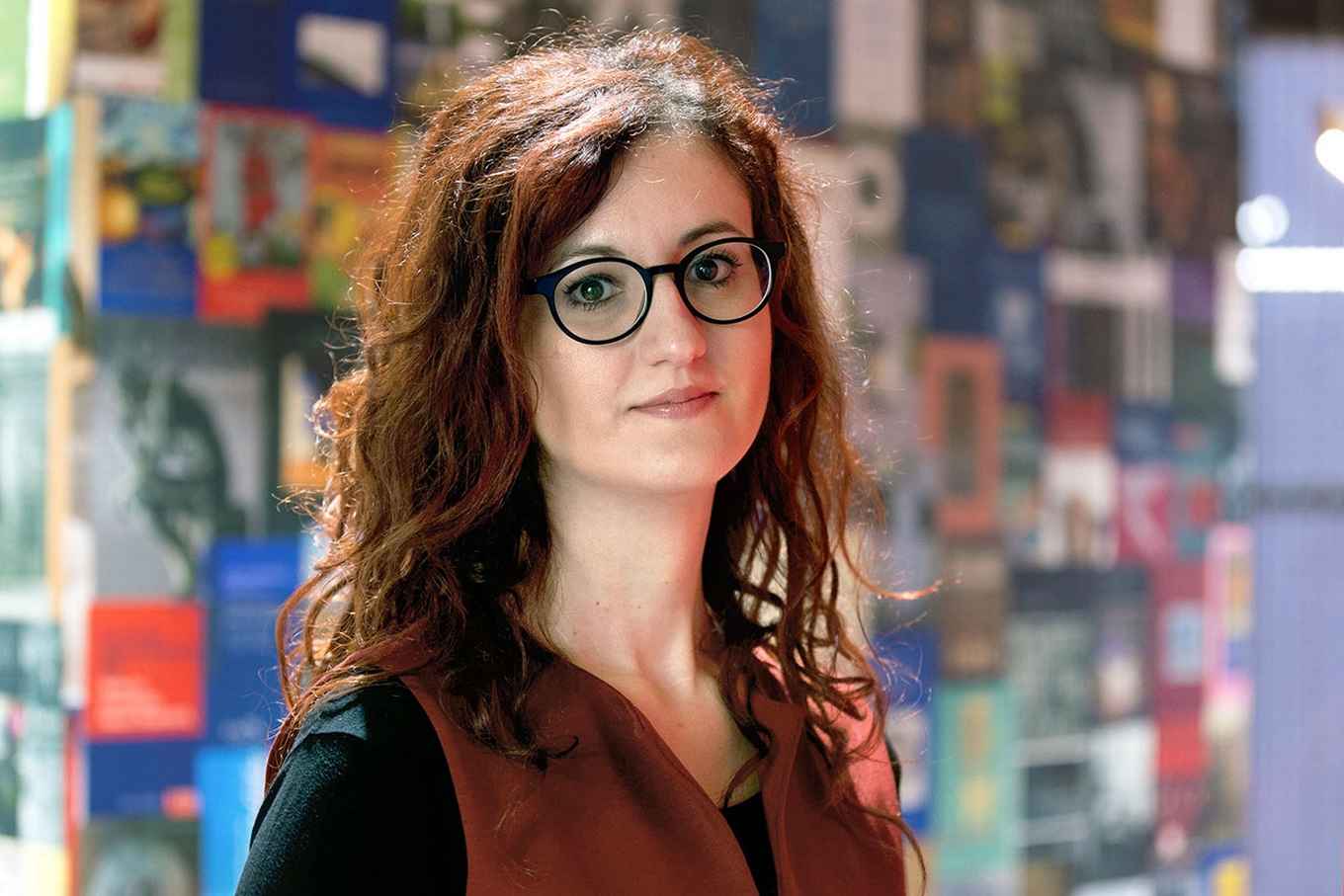Maria Boletsi receives NIAS fellowship
4 January 2021

During the academic year of 2021-2022, Boletsi will spend 5 months at NIAS working on this project together with Alberto Godioli (University of Groningen; group coordinator), Sarah de Lange (UvA, Faculty of Social and Behavioural Sciences) and Florian Lippert (University of Groningen). The group’s interdisciplinary project will explore constructions and mobilizations of the ‘common,’ the ‘familiar,’ and the ‘strange’ in current European political discourse, bringing together analyses of both political discourses and politically engaged forms of cultural production.
Boletsi’s project: ‘Keep Calm, It’s Only Fiction! Outweirding Post-truth Politics through New Grammars of Protest and Artivism’
The surge of right-wing populism, accompanied by post-truth rhetoric, is reconfiguring the relation between fact and fiction, commonality and strangeness. While promoting common sense to normalize its ideologies, populism also cultivates excessive crisis-narratives that approximate speculative fiction and defy common sense. Creative critical responses to this rhetoric can emerge from the estranging functions of fiction itself. This project explores challenges to post-truth politics from forms of artivist protest that combine fictional modalities (literary/cinematic/artistic forms) with defamiliarization strategies. It traces this trend throughout Europe, but centers on Mediterranean Europe, which has recently bred radical protest cultures through transversal crisis-scapes. How does artivism employ fiction to defamiliarize constructions of ‘common sense’ and ‘the new normal’ while countering the co-opting of fiction by post-truth populism? Scrutinizing events along three categories – spectral bodies, weird bodies, (anti-)utopian spaces – the project examines their political and aesthetic force and (inter)national resonance vis-à-vis environments of crisis, nativism, and neo-traditionalism.